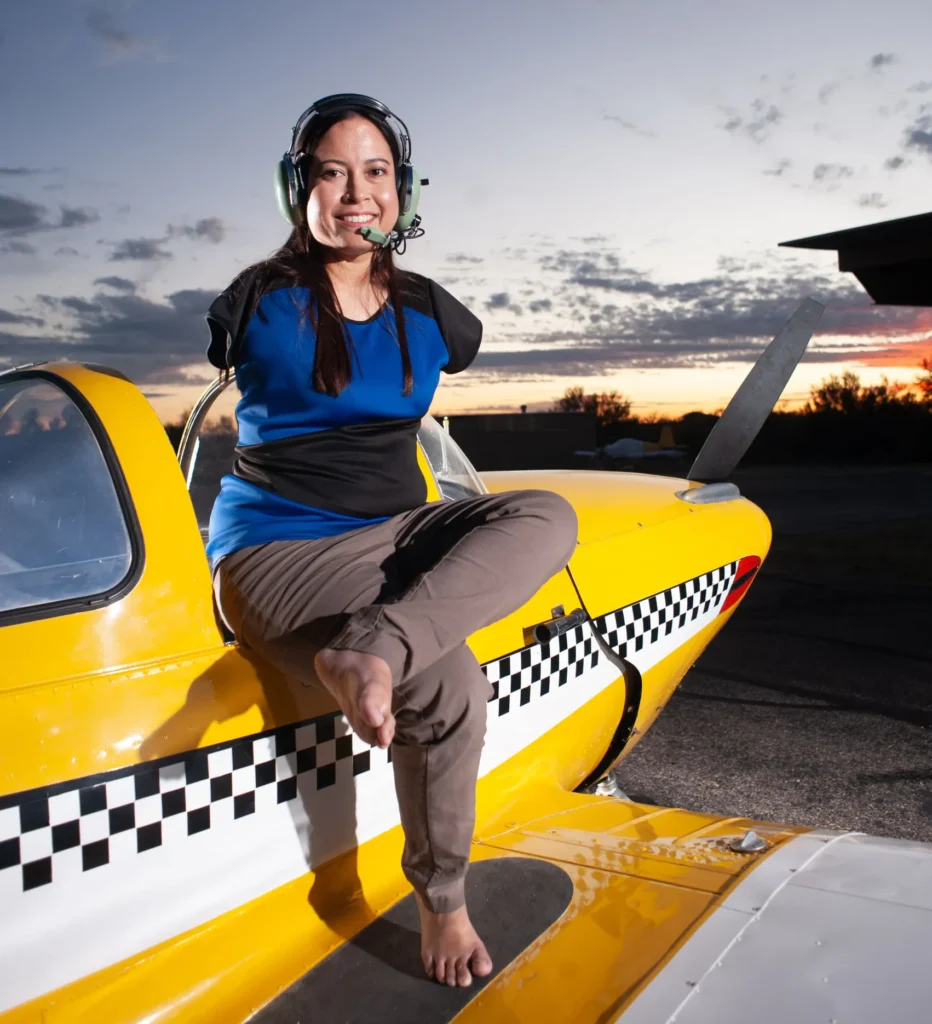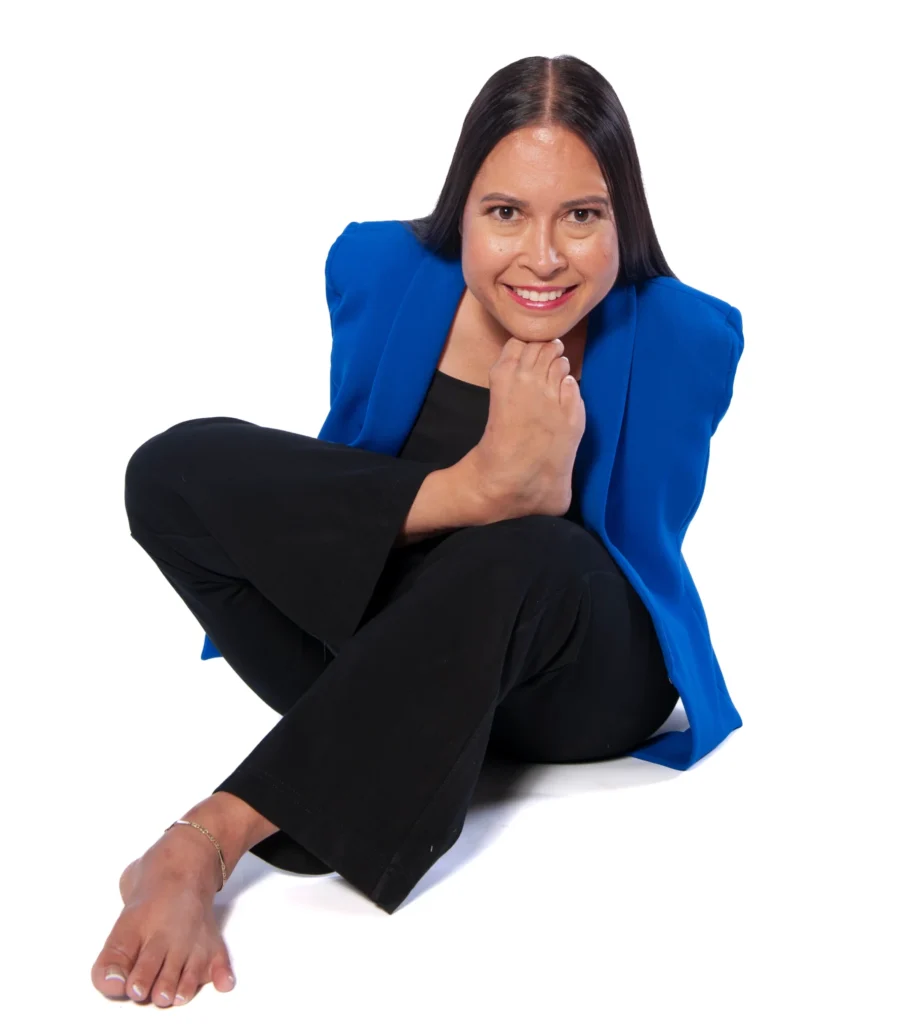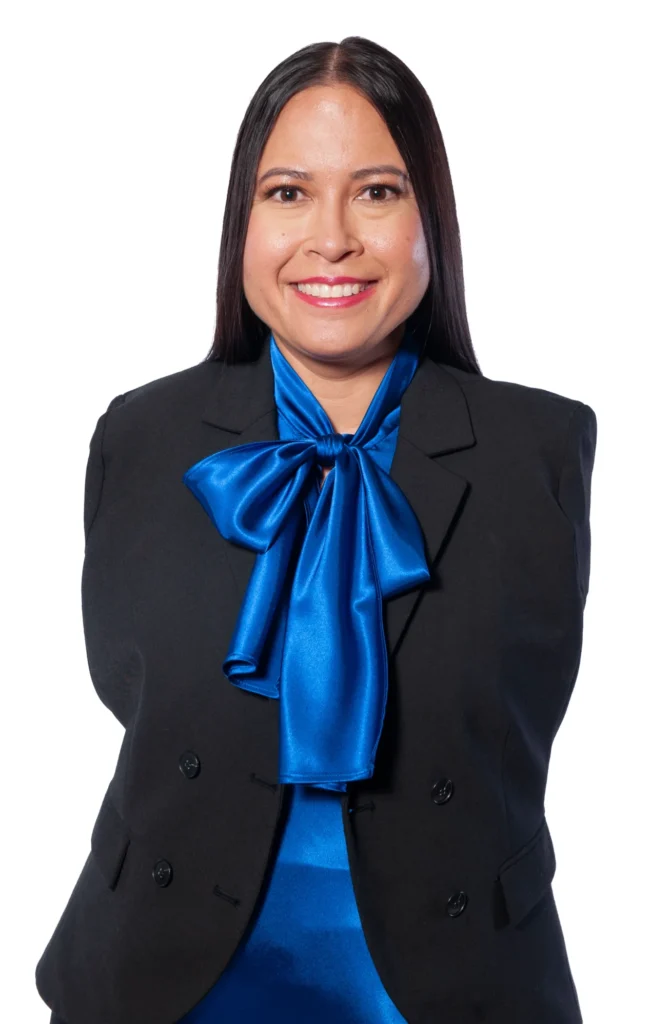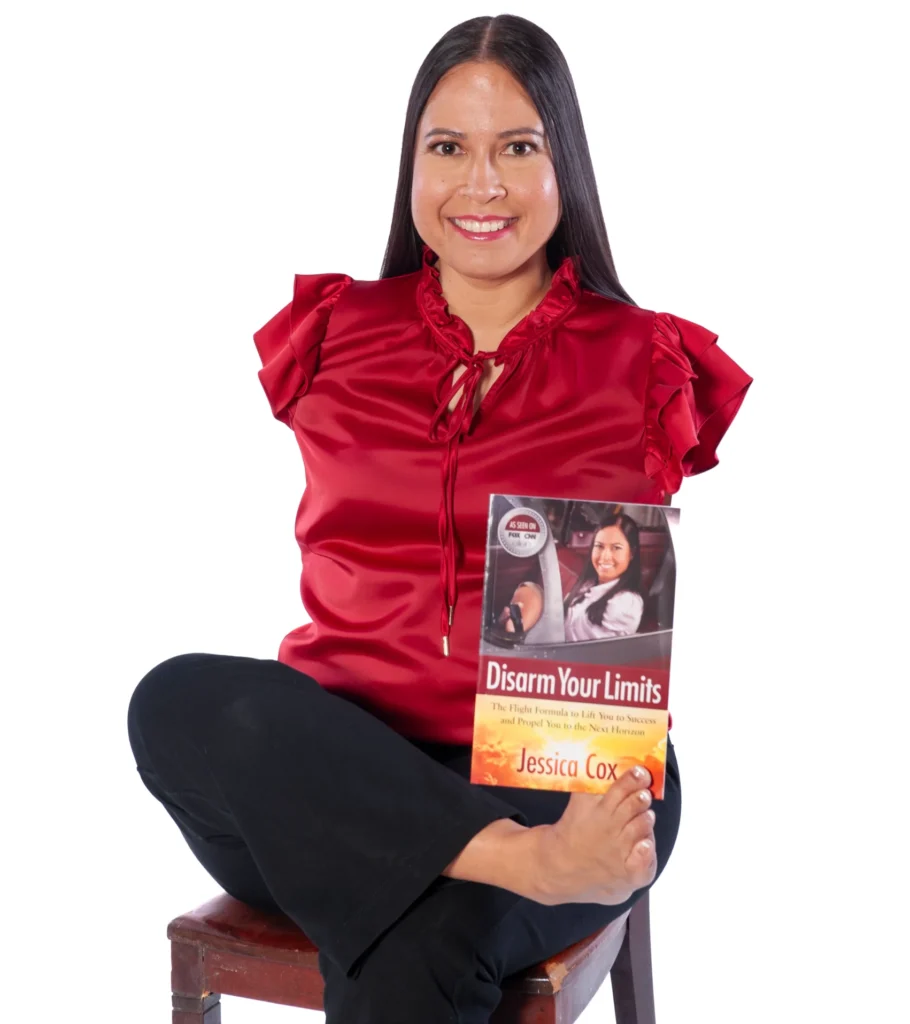
Listen to this Article
Jessica Cox is no ordinary traveller. Born without arms, she has become the world’s first licensed armless pilot, a black-belt martial artist, and a globetrotting motivational speaker who has visited more than 28 countries. Known for flying airplanes with her feet, she applies the same fearless determination to navigating airports, hotels, and city streets around the globe. For Cox, every journey is both an adventure and a statement: that disability does not limit one’s ability to explore, connect, and thrive in the wider world.
Cox commands a stage as a motivational speaker with the same precision she brings to a cockpit. Flying is her passion, not her profession, and she keeps that line clear. Her introduction to aviation came at 21, when a fighter pilot invited her into a small plane. The sky felt risky, the ground secure, but she chose to climb in anyway. That choice reshaped her relationship with fear and freedom and now mirrors the way she both travels and speaks: stepping into uncertainty, trusting her skills, and showing audiences around the world that the most rewarding journeys often begin with a single, courageous yes.
Her aircraft of choice early on was a stock Ercoupe built in the 1940s. She flies it with no modifications, hidden levers or secret hardware. She adapted herself, not the plane: feet on the yoke, left foot alternating throttle and brake.
She holds a standard driver’s license, rents regular vehicles and moves through daily life with tools designed for hands but used by toes. This is ordinary equipment meeting an uncommon method.
That method took muscle but also nerve. Cox never feared heights. Roller coasters, glass-floored towers, those thrills delighted her. What unsettled her was the instant a plane left the runway, that split second when the ground slipped away. Flight training forced her to face it again and again until confidence finally matched repetition. The turning point was her first solo flight, a memory she vividly recalls. Her instructor stepped out, leaving her alone in the cockpit. Canopy closed, taxi, throttle forward, then lift. No second voice beside her, only her own steadying thought: you’ve got this. At a thousand feet, the responsibility felt heavier than ever, yet somehow lighter too.

That paradox follows Cox beyond the cockpit. Flying may be her passion, but speaking is her profession and advocacy travels with her every mile. Her signature phrase, “Think Outside the Shoe,” is both playful and pointed, a nod to the way she uses her feet for everything from cooking and writing to piloting an aircraft. In corporate boardrooms, her story translates into a lesson in adapting to change; in classrooms, it becomes a model of courage; for parents, it offers a symbol of hope. For Cox herself, it is a philosophy that only has power when lived out loud: on stage, in the sky, and in the ordinary journeys that carry her across the world.
Now Cox is working on a new project: an experimental four-seater nicknamed the Impossible Airplane. Designed with foot controls on the left and standard controls on the right, it allows her to fly alongside a safety pilot while carrying two additional passengers. The vision is practical yet powerful: longer ranges, greater versatility, and the chance for people with disabilities to experience flight firsthand. After feeling the lift of real wings, passengers can continue the journey on the ground in a simulator designed for foot controls, exploring aviation in a safe and accessible way. The aircraft is part of a nonprofit initiative that merges advocacy with travel: each new city she flies into becomes a headline. Years ago in Ethiopia, her presence in the skies helped spark a national conversation about schooling for children with disabilities. Because sometimes a plane circling above a capital tells a story no one can ignore.
Travel fills her calendar. She speaks roughly 30 times a year on average. Leisure trips slot between events because she can’t sit still while the world keeps turning. South Korea surprised her with superb public transit. Singapore won her heart with food and urban ease. Rustic places feel trickier since her feet are hands and must stay clean but big cities suit her needs.
Ask Cox where she longs to fly herself right now, and her answer arrives without hesitation: Sedona, Arizona. Its mesa-top runway, framed by red rocks and infamous for tricky crosswinds, has called to her for years. “It’s equal parts awe and challenge,” she says. “That’s the kind of flying that keeps you sharp.”
Practical details can make or break a journey. She always carries a custom dressing hook, a tiny tool that safeguards her independence in the most basic daily tasks. Without it, routines slow to a crawl. Snacks are another constant in her bag, even rideshares require strategy: she often pre-sets her pickup while still seated on the plane, avoiding the juggling act of balancing on one leg while navigating a phone screen. At airports where drivers can track a traveller’s progress from gate to curb, the process becomes far smoother, sparing her unnecessary hassle.

Hotels come with their own quirks. Staff will sometimes assign her an accessible room without asking, assuming it’s the right fit. Yet for Cox, features like roll-under counters actually take away the surface area she relies on to sit and use her feet. What matters most is choice and the sequence is simple: ask first, listen second, act third.
Not every encounter sparkles. On a long-haul business-class flight, Cox settled into her seat with the same quiet confidence she carries everywhere: prepared, organized, ready for the hours ahead. As the cabin lights dimmed and meal service began, a flight attendant moved down the aisle, trays in hand. Twice, they passed her row. Twice, they skipped her. The first time, she assumed it was timing. The second time, the realization hit harder: she wasn’t overlooked by accident, to them, she was invisible.
Her husband, seated behind her, finally raised a hand to intervene, breaking the silence. Only then did service arrive at her seat, a gesture now weighted with discomfort. What should have been a routine exchange of food and courtesy instead became a reminder of how easily people with disabilities can slip out of view, not because they are hidden, but because others are unsure, untrained or uncomfortable with differences.
Still, the wins accumulate. Each cleared gate, each rental counter that hands over keys without hesitation, adds another layer of independence. She recalls her first solo international trip to Rome, no entourage, no backup, just a young woman stepping into arrivals with the quiet thrill of I really did this. Years earlier, in high school, she marked another milestone: boarding a commercial flight from Phoenix to Philadelphia on her own. No family waiting at the gate, no one watching over her during the journey, just a teenager proving she could handle the trip. The city’s nickname: the City of Brotherly Love, felt fitting for the moment.
Experiences like these now fuel the advice she offers to others. What does she want travellers with disabilities to know? Speak up. Ask for what you need. People often want to help but freeze when caught off guard. A calm line like I’ve got this can melt panic at a curbside pickup. Preparation helps, confidence helps, persistence helps. None of that erases uncertainty, but it does turn uncertainty into motion.
Cox signs thank you with her foot when she meets someone who uses sign language. She tucks local treats into her bag and gravitates toward the window seat when she isn’t in business class. Her comfort snacks are simple: chocolate or, when time allows, ice cream. Small joys, she says, are the ones that count.
Fear hasn’t disappeared, it’s been harnessed. Every takeoff still begins with that fleeting instant when the ground slips away and the sky takes over. In that breath, she feels both the weight of responsibility and the rush of capability.
It’s the essence of flight. Static clears, the line comes through, then it’s wheels up, feet steady, eyes forward, and a world ready to be met, not avoided.

